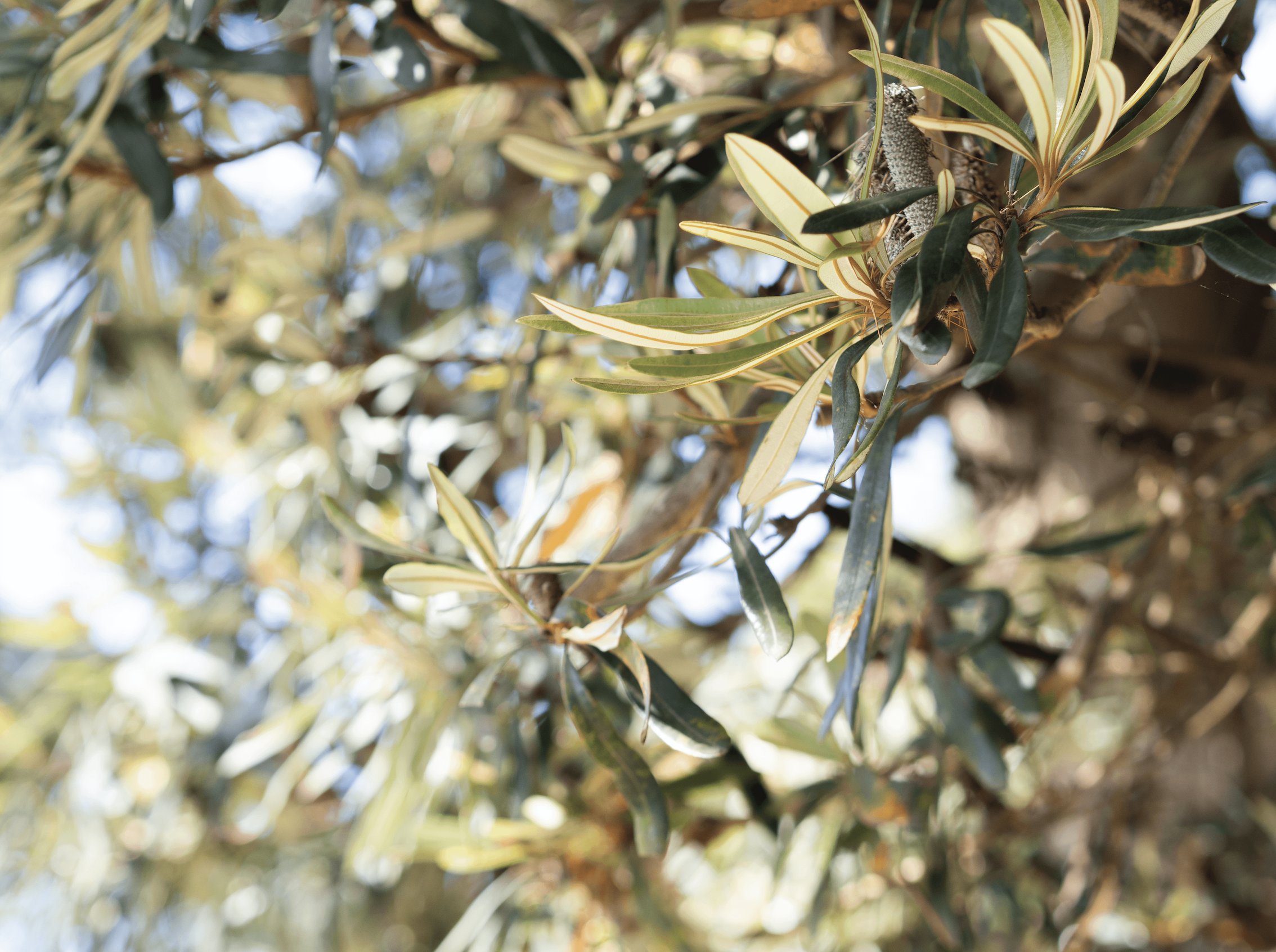
Answering the Biggest Questions in the World
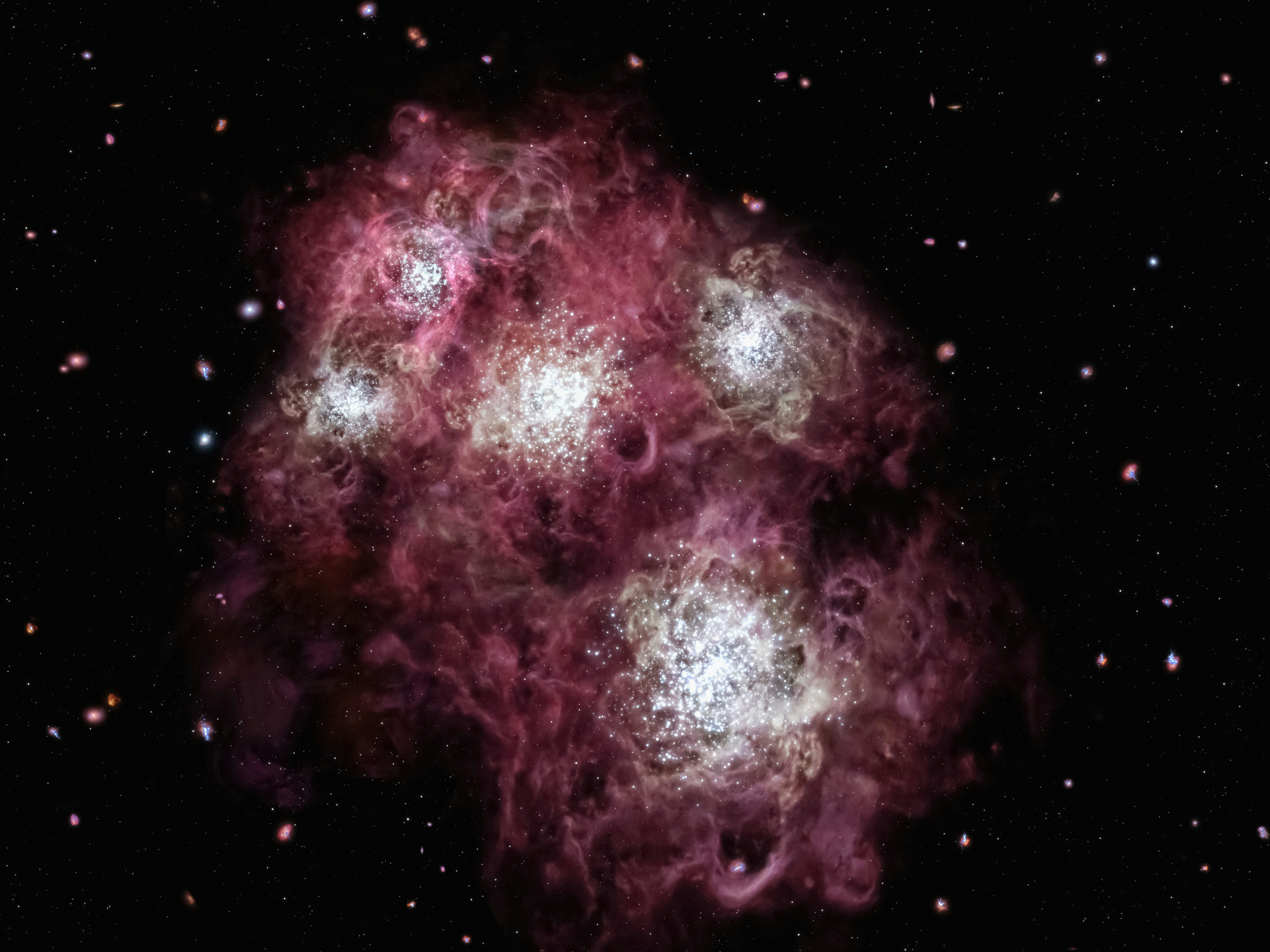
The Big Bang wasn’t a dramatic explosion. It was quiet but powerful. A stretching and expansion of space and time (but for some reason, ‘Big Stretch’ doesn’t quite have the same ring to it). Hayley Macpherson’s (Woodleigh 2010) scientific beginnings were not dramatic either. She didn’t wake up one morning – bang! – a cosmologist and NASA Einstein Fellow. It was a quiet expansion of curiosity – about space and the possibility of time.
Growing up on the Peninsula, surfing, family, school, friends and adventure were part of everyday life. Hayley’s passions were many, photography, the surf, art and even aviation. Woodleigh didn’t try to reduce her experience of life by leading her down a narrow path. Heading toward the end of Year 12, she considered studying photography, continued surfing, considered being a pilot, considered many things, loved many things, but couldn’t say for sure what the one thing above all others was. Even though Hayley didn’t know what would come next, there was a lot of energy building and waiting to take shape.
After Year 12, feeling her way to the next stage of her education, she took a place studying photography at Deakin. There was an interest, but a lack of burning desire, so it existed more as a placeholder until she knew more. Hayley loved photography, but it was a hobby. She was good at it, but it was a hobby, nonetheless. So, she deferred. She surfed and she deferred.
I was like, what about this? What about that? Hence, crisis.
Surfing held strong; it kept her interest beyond the simple physicality of it. There was meteorology, wave physics, energy transfer and weather science – forces at play. Surfing taught Hayley to read the patterns of nature in a way that felt meaningful to her.
Moving beyond photography, Hayley enrolled in a Bachelor of Science at Monash, still feeling her way. She took an elective in astronomy because, well, because it had less maths. That first-year astronomy elective was taught by Daniel Price, who would later become one of her PhD advisors, but her interest in the universe was piqued and she soon switched her major to astrophysics with, wait for it, ALL the maths in the universe.
The maths made sense, so she kept going and it evolved into honours, then a PhD at Monash, then further afield to Cambridge for post doctorate study, then off to The Kavli Institute for Cosmological Physics (KICP) at the University of Chicago as a NASA Einstein Fellow where she is – for now.
Hayley’s work is theoretical. She writes code, builds models and tests the laws of physics, asking whether our maths can predict what we observe in the universe. As a cosmologist, Hayley’s job is big(gest) picture thinking; “Why does the universe exist at all?” and “Why are the laws of physics the way they are?” and “Are we alone in the universe and what is the role of humanity?”
At KICP, Hayley’s days are spent exploring the universe through the lens of general relativity, you know, the little thing Einstein put together. Her work involves modelling the cosmos with absolute precision and asking whether our mathematical understanding of gravity can fully explain what we observe. It’s theoretical but deeply grounded in data and collaboration.
Her work is to understand the cosmos, but beyond that, Hayley wants to strengthen the scientific community. While her own experience has been straightforward, Hayley has undoubtedly felt the quiet discomfort of being one of the only women in a lecture hall – she has seen brilliant young scientists feel out of place. For Hayley, a life shaped by a progressive, coeducational environment has helped her feel confident taking her place in male-dominated spaces. She didn’t feel she had to battle for visibility, but she knows that comfort isn’t the same as inclusion.
By its very definition, physics is the study of energy moving and redistributing in ways that seek balance. It’s a constant negotiation for symmetry and peace. Acutely aware of the significant gender imbalance in the Physics community, Hayley believes that equity isn’t about fixing women and people to fit broken systems but fixing systems to make space for people and a natural equilibrium.
People will tell you that Lake Michigan is surfable, but it’s not a great wave, so following her Einstein Fellowship, Hayley secured a highly coveted faculty position at the University of Melbourne, kicking off in mid-2026. It’s a hugely exciting prospect and a monumental achievement for anyone, let alone a Melbourne girl keen to get home to family, friends and the all-important ocean.
2026 is Hayley’s time to build her own research group, to lead and mentor young scientists and try to shape energy into something quietly powerful. Returning to the place where family, friends, adventure and a progressive education nurtured her curiosity and creative thinking, she’ll keep asking the big questions, “Why are we here?” and “What’s going to happen?”
Life is ever-evolving, full of quiet, powerful possibilities. Despite not studying physics at school, Hayley, the acclaimed astrophysicist and cosmologist, is continuing on a path of her own design, travelling from the Peninsula to Cambridge, to the States and back home again.
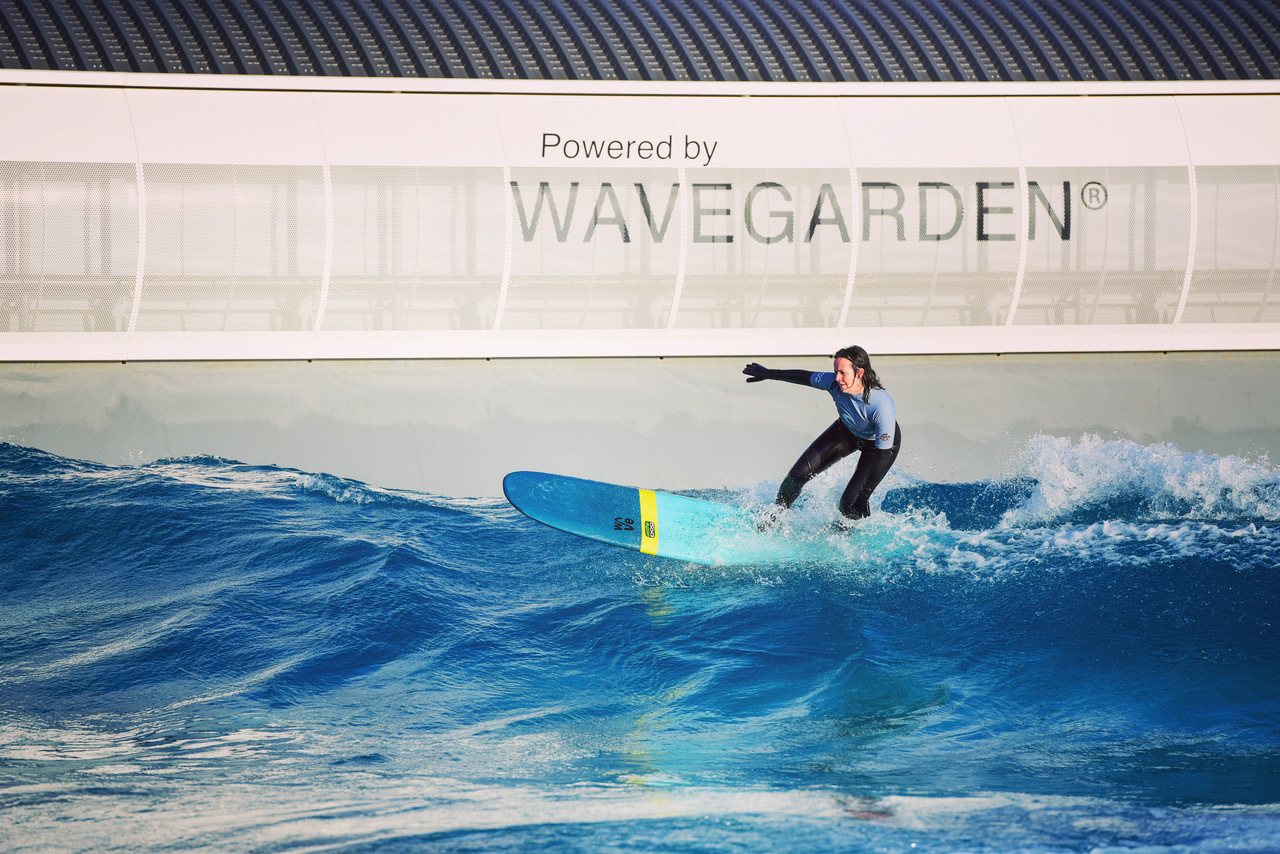
Budding young scientists can watch one of Hayley's Cambridge lectures below.
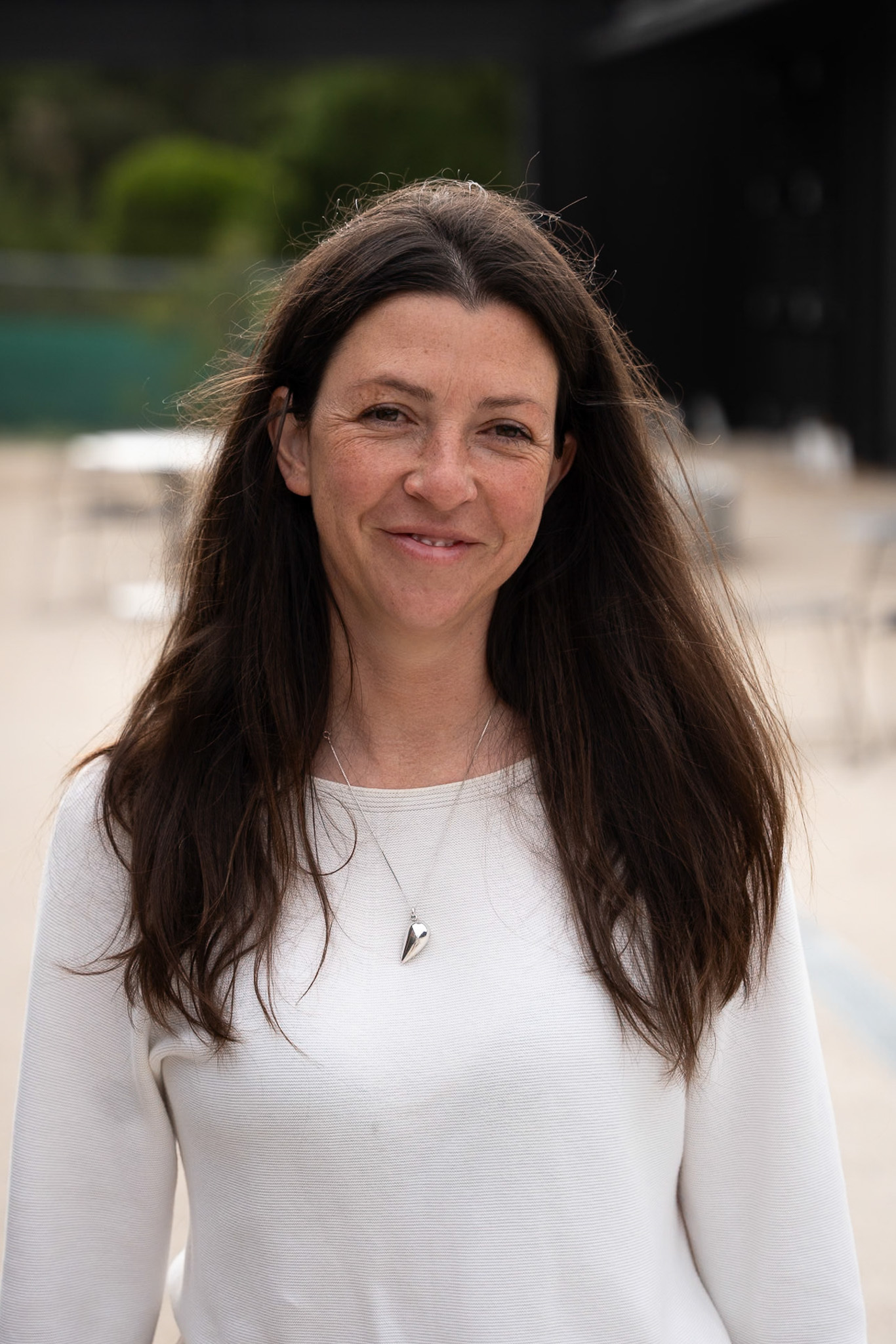
Share this article
Keep reading
More articles from Woodleigh School
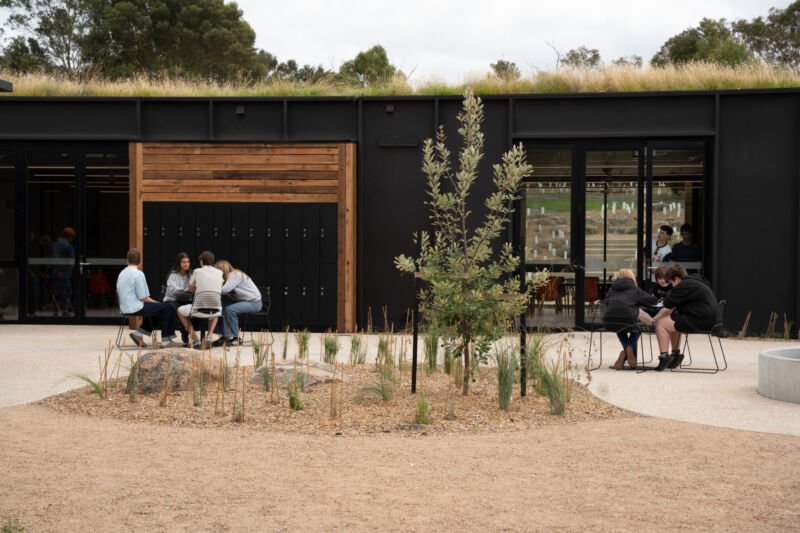

Director of Community Relations
Woodleigh’s Futures Studio added another string to its bow in June, becoming a 2025 Victorian Architecture Awards Winner.
Continue Reading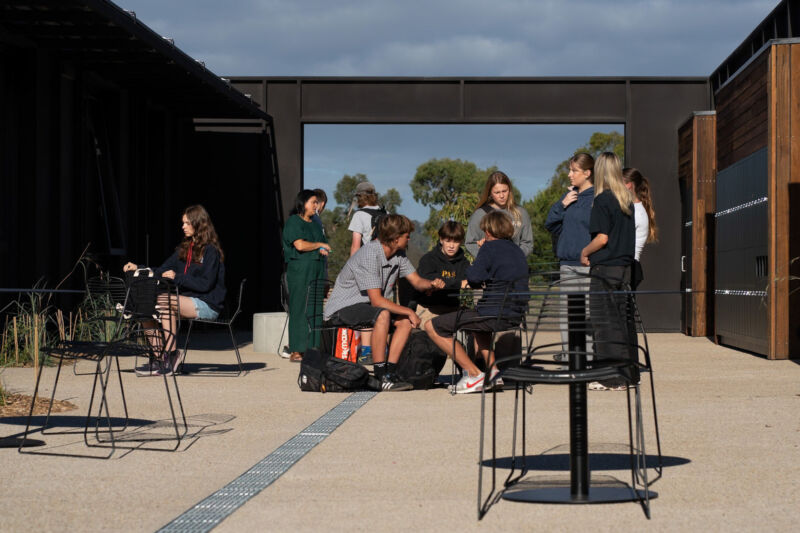

Communications Coordinator
There is a gap between what traditional schooling provides and what society now needs. — Andreas Schleicher, Director of OECD Schools+ Network
Continue Reading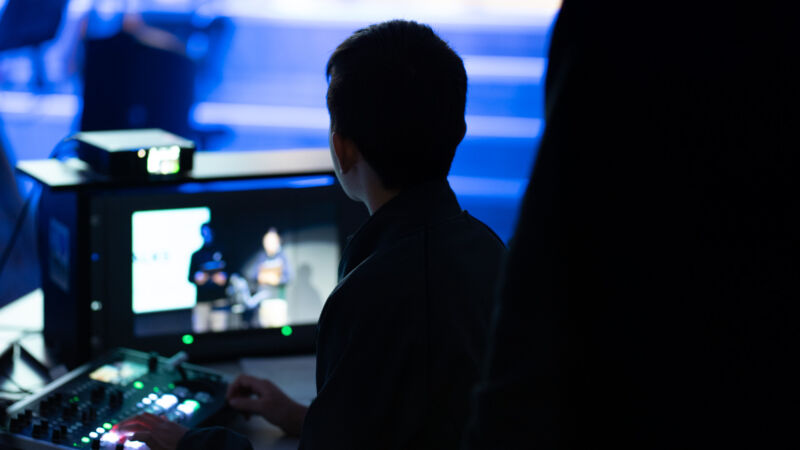

Communications Coordinator
Giftedness is extraordinary, but that doesn't mean it's easy.
Continue Reading